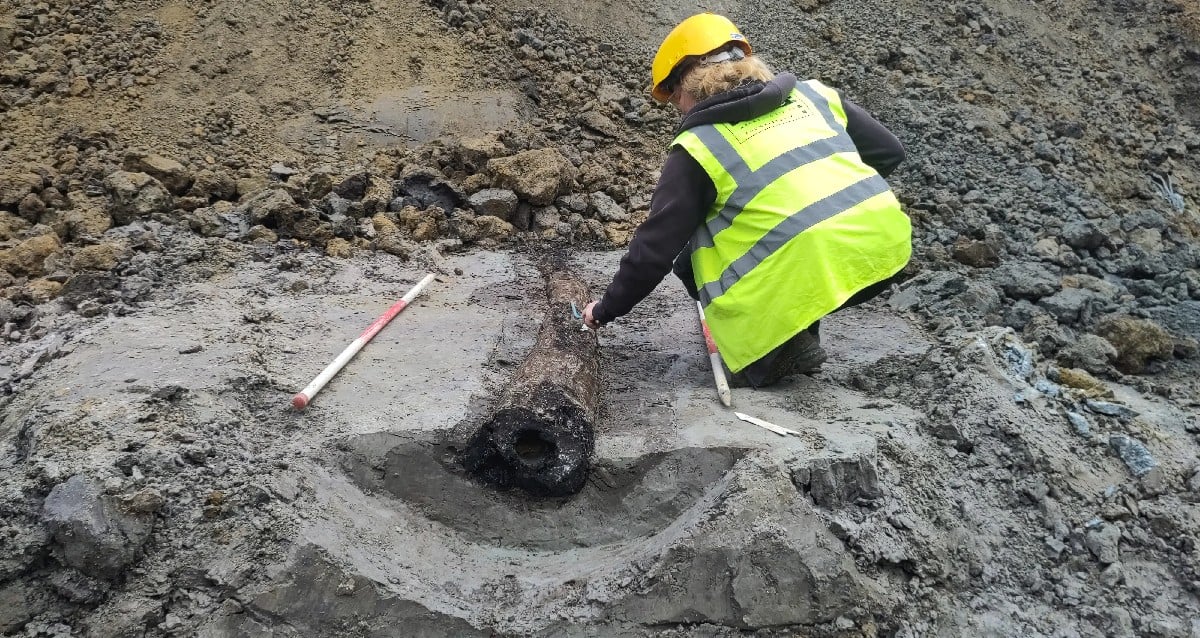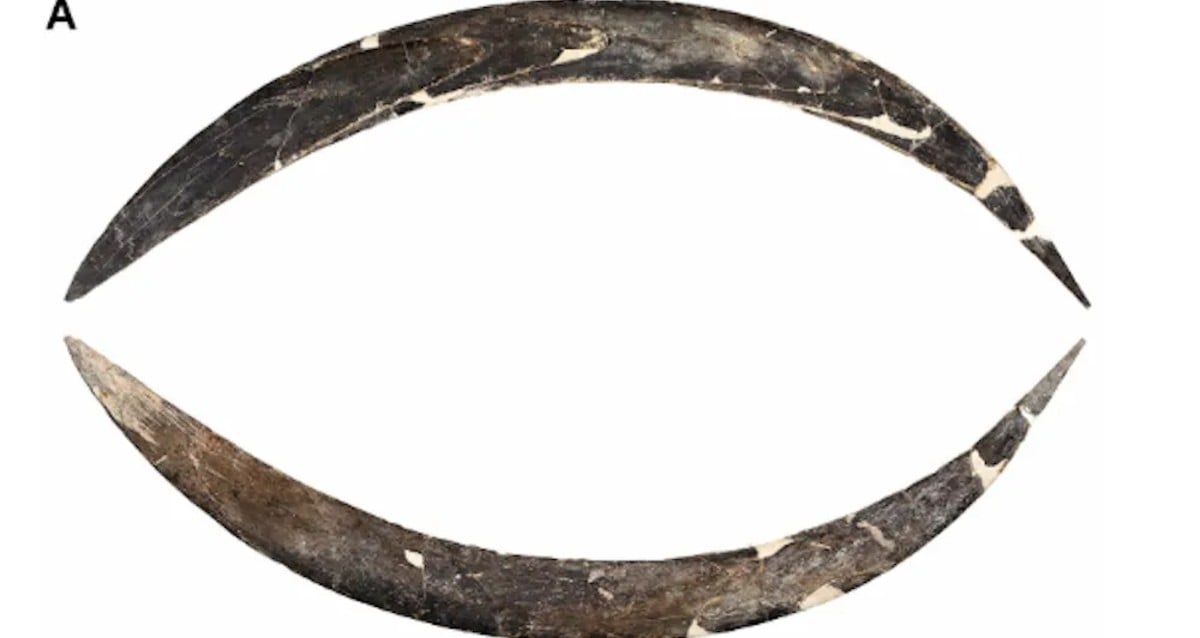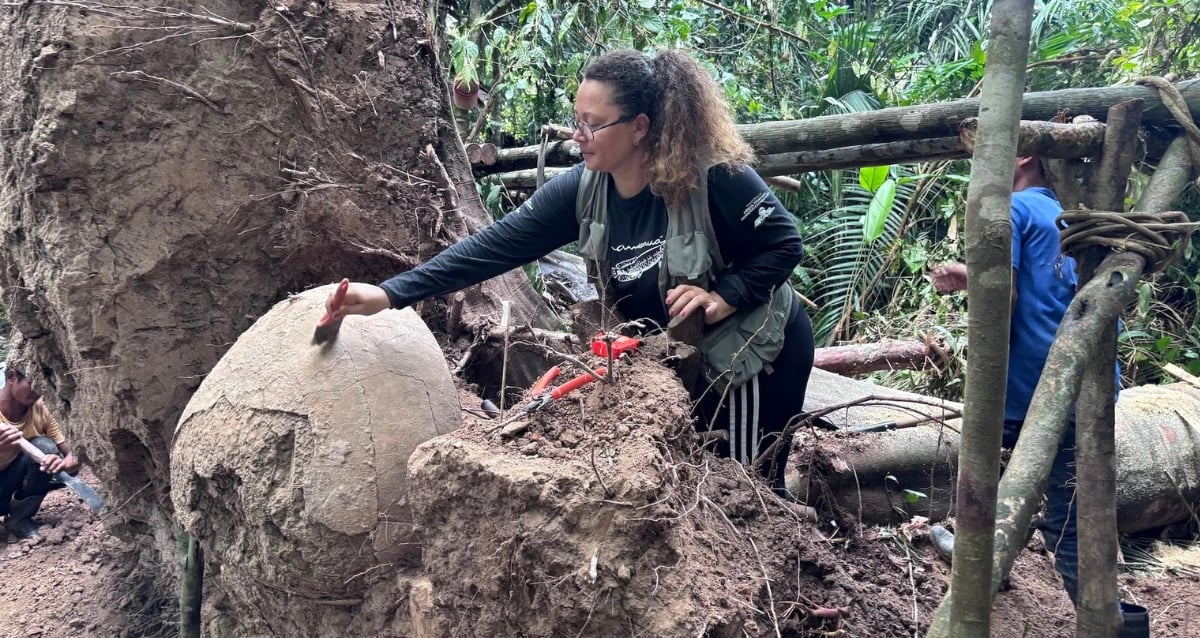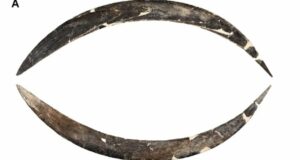Hidden Beneath Belgium’s Streets, Ancient Wooden Roman Pipes Rewrite History—What Secrets Do They Hold?
Leuven In The Ancient Roman Empire
During the second and third centuries C.E., Leuven was a “pinprick” in the Roman Empire, according to the Leuven City Council. It was probably a “diverticulum,” a settlement of houses and farms located near a military road that connected to a larger artery between Cologne and Boulogne.
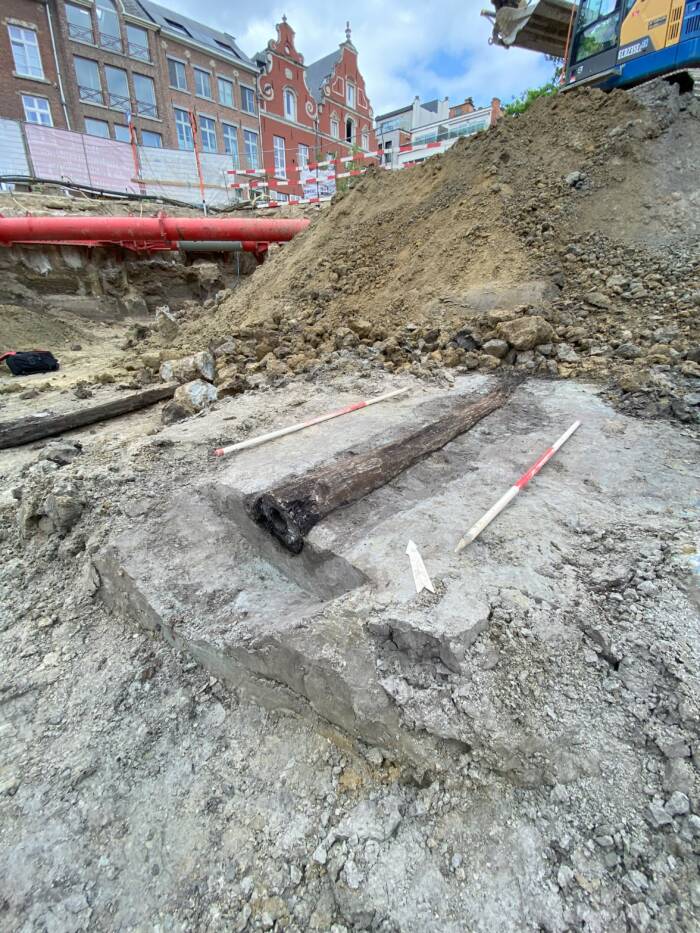
Leuven City CouncilFound 13 feet beneath the ground, the wooden pipe speaks to Leuven’s heritage as an ancient Roman settlement.
Leuven may have been small, but the discovery of the wooden pipe buried deep beneath its city streets raises new questions about its significance during Roman times. The presence of the pipe shows that Leuven was important enough to the Romans to invest in its development — not just a forgotten outpost.
Vansina noted, “The size of Leuven in Roman times was limited, but finds like these prove that the Roman presence was certainly not without obligation and that it is worth the effort to keep digging and bring this past back to the surface bit by bit.”
Next, the archaeologists will work to study and preserve the pipe. It will be transferred to a conservation lab, where it will be analyzed to determine its exact age. Then, archaeologists will freeze dry the pipe, so that it can be “optimally preserved and possibly exhibited later.”
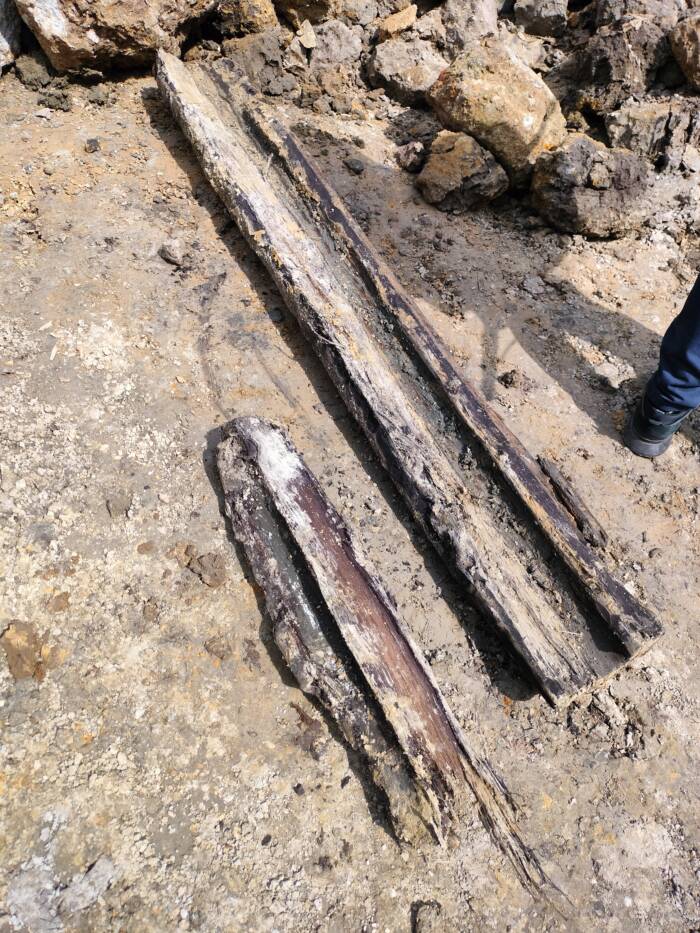
Leuven City CouncilArchaeologists plan to freeze dry the pipe in order to preserve it and possibly prepare it for exhibition.
In the meantime, it’s yet to be seen what other centuries-old Roman artifacts are quietly sitting under Leuven’s city streets.
